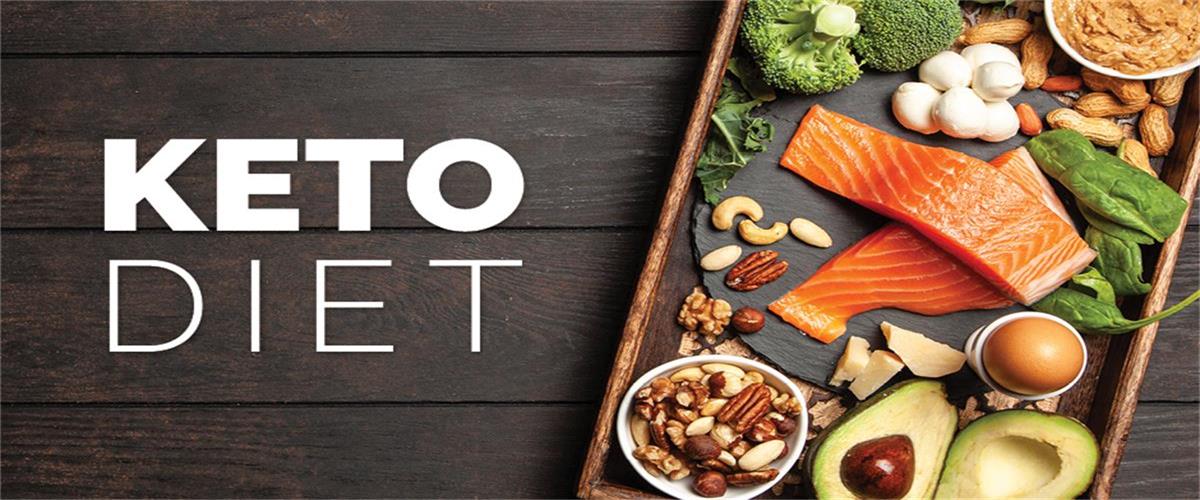The science behind ketone ester and their benefits is fascinating. ketone ester can enhance endurance, increase energy, support muscle preservation, and more, most importantly they have great potential for improving overall health and well-being. Because individual needs and tolerances may vary, it is important to consult a healthcare professional before incorporating ketone ester into your routine.
A ketone ester is a compound containing a ketone molecule attached to an ester group. Ketones in their simplest form are organic chemicals that are naturally produced in the body when glucose levels are low, such as during fasting or a ketogenic diet. When glucose is scarce, our metabolism changes and begins to break down stored fat to produce ketones, which serve as an alternative fuel source for the brain and muscles. While endogenous ketone bodies are laudable, their levels are often limited, even during prolonged fasting or strict dieting.
ketone esters and exogenous ketones, two terms that are often used interchangeably, may sound unfamiliar to most people, but they are actually different substances that have different effects on the body. While both can induce ketosis, their ingredients, how to consume them, and their benefits set them apart.
To understand the difference between ketone esters and exogenous ketones, it's important to first understand what ketosis is. Ketosis is a metabolic state in which the body uses ketones derived from fat as its primary fuel source instead of glucose. This state is achieved by following a low-carb, high-fat ketogenic diet or by ingesting exogenous ketones.
●Exogenous ketones are ketones that come from an outside source, usually as a supplement. They are generally available in three forms: ketone salts, ketone esters, and ketone oils. Ketone salts, the most common form, are combinations of ketones and salts such as sodium, magnesium, or potassium. On the other hand, ketone esters are synthetic compounds that contain a ketone group and an alcohol group. Ketone oil is a form of powdered ketones mixed with a carrier oil, such as MCT oil.
●ketone esters, as the name suggests, differ from exogenous ketones in that they consist exclusively of ketone esters molecules. This makes them a more potent and immediate source of ketones. When consumed, ketone esters bypass the body's need to break down fat to produce ketones because they are already in the ketone form. This causes blood ketone levels to rise faster and stronger, leading to a more immediate and severe state of ketosis.
A notable advantage of ketone esters is that they not only increase ketone levels, but also suppress glucose and insulin levels. This dual action makes them especially beneficial for those with insulin resistance, diabetes, or those looking to optimize metabolic health. Additionally, ketone esters have been shown to enhance athletic performance and cognitive function, making them popular among athletes and those seeking to clear their minds.
On the other hand, exogenous ketones, including ketone salts and ketone oils, have slightly different mechanisms of action. When eaten, they are broken down in the body into free ketone bodies, primarily beta-hydroxybutyrate (BHB). These ketone bodies are then used by cells to produce energy.
While exogenous ketones can also increase blood ketone levels, they may not be absorbed as quickly or as effectively as ketone esters. Still, they offer some benefits, such as increased energy, enhanced mental focus, and reduced appetite. Those following a ketogenic diet often use exogenous ketones to help maintain ketosis or transition into ketosis more easily.
One of the key components of the ketogenic diet is ketones, which are produced when the body is in a state of ketosis. Whereas ketone ester are a form of exogenous ketones, meaning it is an external source of ketones that can be consumed in supplement form. When ingested, ketone esters are broken down into beta-hydroxybutyrate (BHB), the primary ketone produced during ketosis. BHB is then used by the body as an alternative fuel source of glucose.
So how do ketone esters work in the body?The main purpose of consuming ketone esters is to increase the levels of ketones in the body, leading to a deeper level of ketosis. When the body is in ketosis, it enters a metabolic state in which it uses primarily ketones rather than glucose for energy. This shift in energy source has several benefits, including increased fat burning, improved mental clarity, and enhanced physical performance.
ketone esters work by providing a direct source of ketones, bypassing the body's need to produce ketones on its own. By doing this, it can rapidly raise ketone levels, inducing a state of ketosis faster than diet alone.
Once consumed, ketone esters are rapidly absorbed into the bloodstream, where it can cross the blood-brain barrier and be utilized by the brain. This enhances cognitive function and mental clarity, and provides the brain with a natural source of energy.
Additionally, ketone ester supplements may help improve physical performance during exercise. When the body is in ketosis, it uses fat for energy more efficiently, which increases endurance and reduces reliance on glycogen stores.
Autophagy is a natural metabolic process that refers to the cellular mechanism responsible for recycling damaged or unwanted components, including proteins and organelles, to maintain the overall health and function of the cell. This process has been linked to various health benefits, including extending lifespan, preventing neurodegenerative diseases, and supporting overall cellular health.
Now, do ketone esters increase autophagy? To answer this question, let's first understand what ketone esters are. ketone esters are compounds that provide a source of ketones, a type of fuel your body produces when it metabolizes fat instead of carbohydrates. These compounds have gained popularity in ketogenic diets due to their ability to induce a state of ketosis, in which the body uses primarily ketones rather than glucose for energy.
Studies have shown that a ketogenic diet can stimulate autophagy, suggesting a potential link between ketone esters and autophagy. However, direct evidence on the effects of ketone esters on autophagy is currently limited. However, the ability of ketone esters to increase ketone levels in the body may indirectly affect autophagy.
A study in mice showed that elevated ketone levels lead to increased autophagy in the brain, suggesting a potential neuroprotective effect. Furthermore, a separate study in mice showed that activation of autophagy with a ketogenic diet improves brain function, reduces neuroinflammation, and extends lifespan.
Although more research is needed to explore the direct effects of ketone esters on autophagy, available evidence suggests that ketosis induced by these compounds may have positive effects on cellular health and longevity.
It is important to note that ketone esters are not a panacea and should not replace a balanced ketogenic diet. It is best taken as a supplement to support a healthy lifestyle and enhance the effects of a ketogenic diet.
Knowing what time of day to take ketone esters is crucial to first understanding how ketone esters work.ketone esters are a dietary supplement that mimics the effects of ketosis. It consists of a compound called beta-hydroxybutyrate (BHB), which is easily absorbed by the body and used as an energy source. When consumed, ketone esters raise blood ketone levels, promoting the use of fat instead of glucose as fuel.
Given its mechanism of action, the timing of ketone esters intake can significantly affect its effectiveness. For those seeking to enhance athletic performance, ketone esters are generally recommended to be taken approximately 30 minutes before exercise. This timing allows the body to utilize ketones as a source of energy during physical activity, possibly leading to increased endurance and reduced fatigue.
Also, some people may benefit from taking ketone esters in the morning, especially if they follow a ketogenic diet. By consuming ketone esters in the morning, when the body's glycogen stores are low, it can help facilitate the transition to ketosis and provide an immediate energy boost to start the day.
On the other hand, taking ketone esters at night may interfere with sleep patterns due to their refreshing effects. However, this may vary from person to person, as some people may not experience any sleep disturbances. It is recommended to start with a lower dose and monitor response to determine individual tolerance and sensitivity.
In the end, the best time to take ketone esters depends on an individual's specific goals and lifestyle. Determining the ideal time of day to take ketone esters is ultimately a matter of individual circumstances and should be guided by professional advice.
Post time: Jun-15-2023







